Caja Rural the 'perfect' team for Schultz's Vuelta a Espana debut
Australian rider not feeling the pressure ahead of first Grand Tour
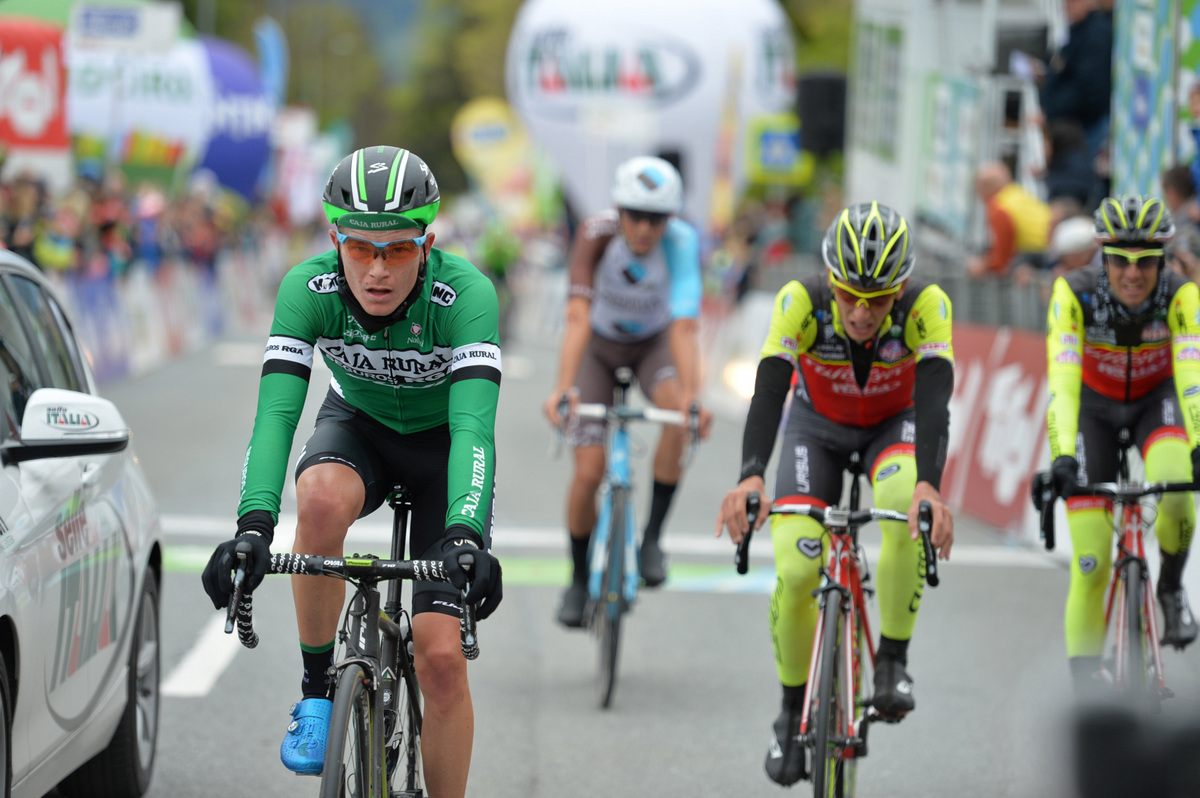
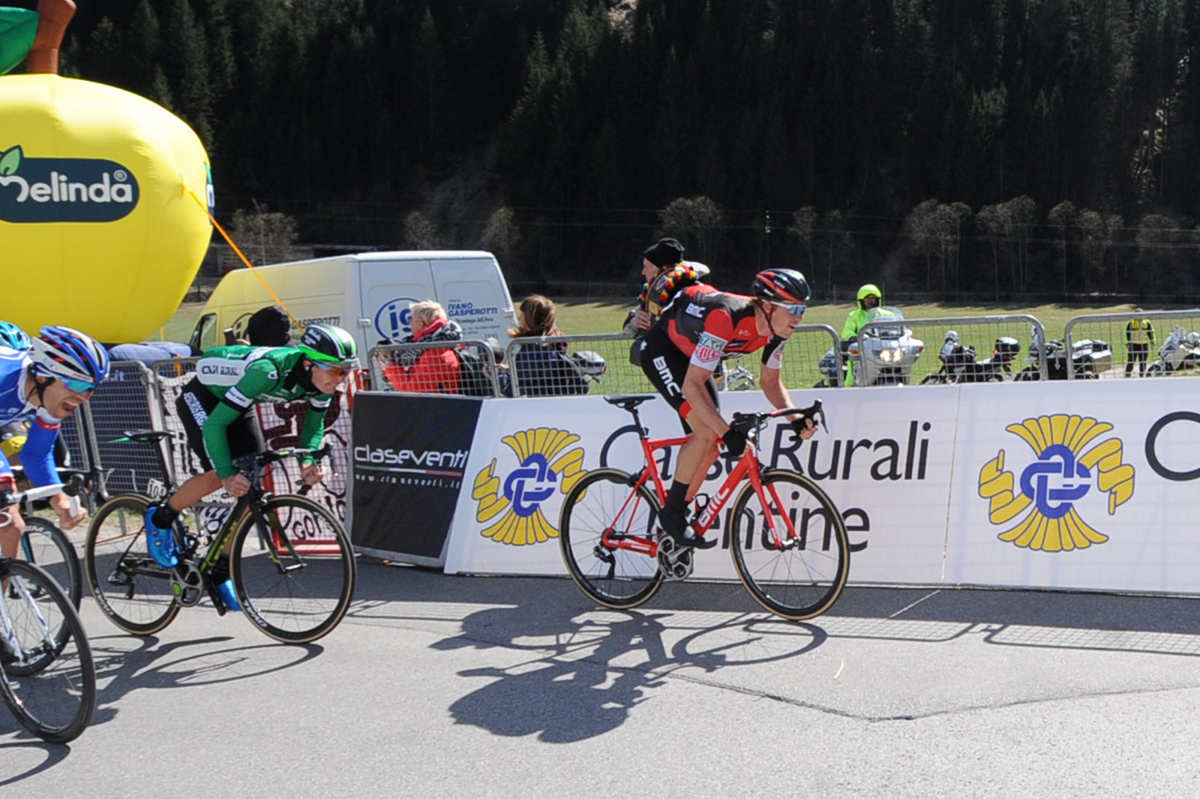
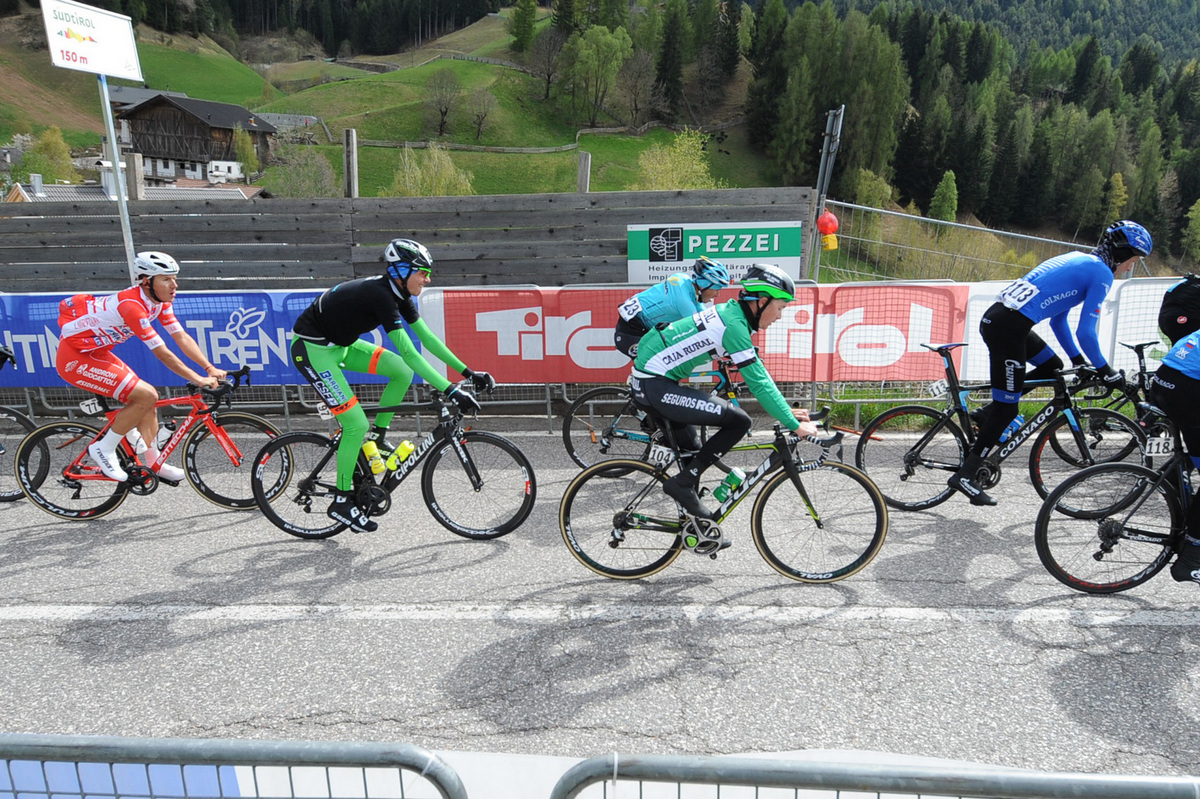
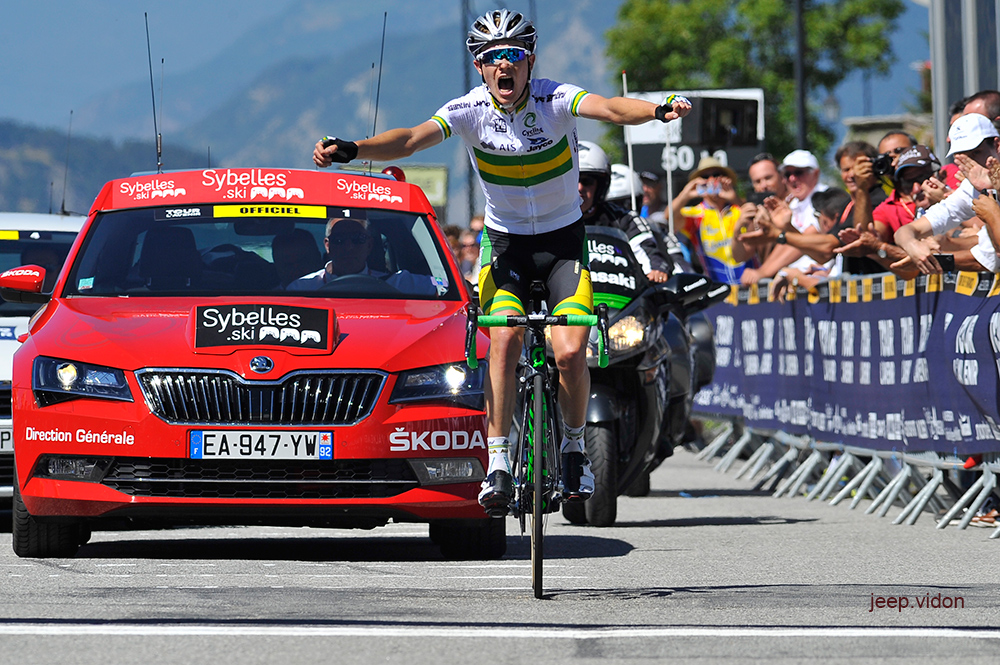
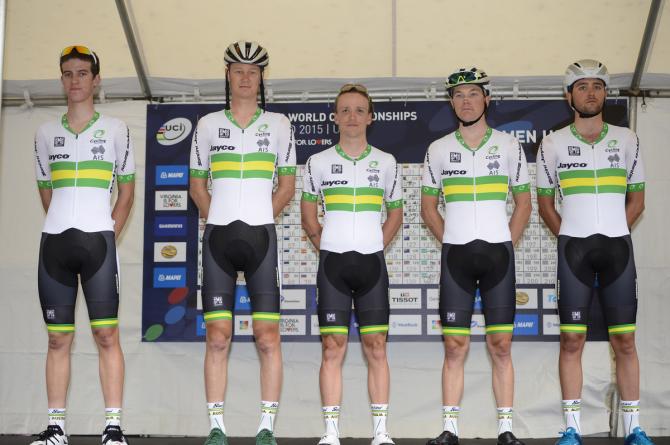
A mid-season bout of tonsillitis proved to be a blessing in disguise for Nick Schultz. The Australian was struck down with the illness in June, forcing a change in his race programme that will see the first-year Caja Rural-Seguros RGA rider line out in Nimes for the Vuelta a Espana this coming Saturday.
"I was going to ride the Route du Sud and that was going to shut down the first part of the season," Schultz told Cyclingnews. "Because I got so sick, I called the team and told them I didn't think I could race the Route de Sud, having not ridden in a week at that point and the race starting our days or something after that. They were excellent and basically came back to me and said, 'Take your time to recover and relax. Then start preparing for the Vuelta.'
The 22-year-old rode with the SEG Racing Academy team last year and enjoyed a stagiaire ride with Orica-Scott before inking his deal with Spain's sole Pro-Continental squad. Despite the fact that Schultz is a first year neo-pro Australian on a squad with 16 Spaniards, Schultz has impressed the squad to earn selection.
"They are already putting faith in me and having guys help me in races like Tour of Norway. In its own right, it's quite a big race and I would never have thought of going for at this point in my career," he said. "It is probably the perfect environment in which to start my first Grand Tour. We are not going in with a GC favourite or big stage-win favourites with a sprinter or something like that. That is irrelevant anyway as it seems like there are three flat days. Our team will have our little internal goals and we'll go in with a guy like Jaime Rosón, and it's fair to say he's one of the up-and-coming Spanish climbers."
With the team backing the likes of Rosón, Schultz isn't feeling any pressure to perform, but does recognise he and his teammates will need to be active in the breakaways.
"The pressure is certainly a lot less than if I was going in with a WorldTour team and knew every day that I would have to ride the front of the peloton or do something like that," he said. "There could be some pressure in going for breakaways for a smaller team like ourselves who want to get TV time. It is really important for the sponsors of the team, but being so young and a first-year pro, the team might be a little bit more lenient with me in that regard. I think I am also going with less pressure as it is a development thing and the team are looking to the future essentially to get a Grand Tour in the legs."
The goal for Schultz is to arrive in Madrid on September 10 and complete his first Grand Tour. However, Schultz won't be consumed by the thought as he explained the focus will be 'day-by-day'.
Get The Leadout Newsletter
The latest race content, interviews, features, reviews and expert buying guides, direct to your inbox!
"In the back of my mind, I would love to make it to Madrid. I've been speaking to a few experienced guys in the peloton to try and absorb as much information and advice off about what to expect and how to approach it," he explained. "It seems that if you are solely thinking about making it to the end of the 21 days it can hinder the way you race. You might get to day seven and be like, 'Holy smokes, I am just buckled.' And then you still have 13 days to go.
"Whereas, I think if you approached day by day, you are going to have bad days and you might have average days. I don't know how many days there will be after the first few days. I think it is a real mental thing and I like taking things day by day when it comes to stage races. It will be a massive voyage of self-discovery. I don't really know how to approach but I won't be on the start line in Nimes thinking about Madrid, because anything can happen over three weeks.
Having resumed his season with a trio of Spanish one-day races before the Vuelta a Burgos, Schultz will start the Vuelta with 37 race days in his legs. Should he complete the Vuelta, he will be pushing close to 60 race days but with his time off the bike, Schultz isn't worried about fatigue or burn out.
"I had a really big period in the middle of the year without racing due to the sickness. It was just over two months and only started racing again just before Burgos so I really struggled. I am the type of rider who adapts really well to racing," he said. "I can get really fit when training. I went to Andorra and was training harder than I ever have, but when it comes to racing it is a different ball game. That race rhythm I was really missing and I started to get that back towards the end of Burgos. I will just try to maintain that now heading into the Vuelta. I'll do one or two sessions behind a motorbike."
While some riders may call an end to their season after the Vuelta. Schultz is keen to add a few more race days to his programme to see how his body adapts and treat the exercise as a learning process for the years ahead should he race the Giro d'Italia or Tour de France.
"After the Vuelta, I'll most likely do the two-day Tour de Gevaudan in France and then probably finish my season with a couple of one-day races in northern Italy at the start of October. That is in a perfect world if I come out of the Vuelta in something other than a shell," he said. "I think it is important to race a few times after the Vuelta just to see how the body copes, and I am sure I will have a week to relax with coffee rides. I think it is good just for the process, because if I ever do one, the season is not always going to end after a Grand Tour."
To subscribe to the Cyclingnews video channel, click here.